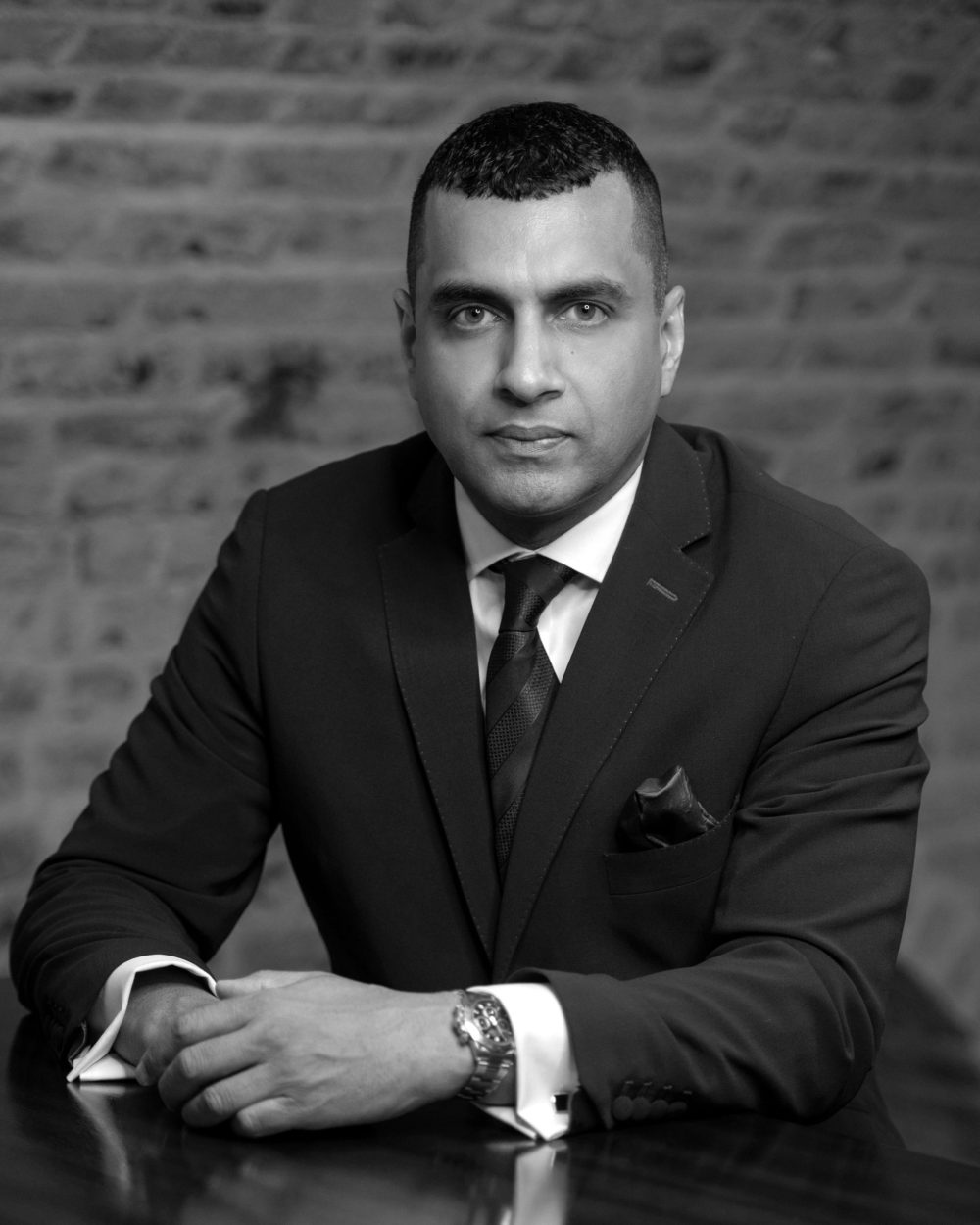Inquests in the Coroners Court
Guiding You Through a Coroner’s Court Inquest
A coroner's inquest is an inquiry conducted by a coroner to determine the cause and circumstances of a person's death, especially if the death was sudden, unexplained, or occurred under suspicious circumstances.
The inquest aims to answer four key questions: who died, where the death occurred, when the death occurred, and the cause of death.
KANGS experienced team of solicitors provide advice and representation to families, employers, witnesses, and other ‘interested persons’ who are summoned to a Coroner’s Court to give evidence or provide information to the coroner.
How we assist our clients:
- Pre-inquest and post-inquest advice: Our inquest solicitors will guide you through the entire process, explaining the purpose of the inquest, the process and the potential outcomes. Following the inquiry, we will also advise on further legal actions such as civil claims.
- Representation at the Inquest: We ensure your interests are robustly represented. We will make submissions to the coroner on your behalf, review and/or prepare documents for the inquest, question witnesses to clarify facts or highlight issues relevant to your interests.
- Protect your rights: Our legal team help you navigate the legal aspects of the inquest ensuring that the inquest is conducted fairly and your rights are protected. If necessary, they will challenge the coroner’s decision, initiating a review of the decision or conduct of the inquest.
It is crucial that you have a solicitor during an inquiry to ensure that all the evidence is considered and that the Coroner’s Court outcome is fair. At KANGS, we are committed to providing you with the expert advice and support you need.
Contact KANGS for a confidential consultation where our experienced inquest solicitors will provide you with expert legal advice and guidance.
Testimonials
Got a question?
How can KANGS help?
Our team of specialist solicitors provide:
- Initial Consultation and Legal Advice: Confidential consultation to discuss the inquest details, provide an initial assessment and advise on your legal rights and options.
- Guidance on preparing you for the inquest, including briefings on what to expect.
- Assistance with gathering and presenting relevant documents and evidence.
- Help on the procedural aspects of the inquest, including submitting questions for witnesses, filing legal documents and adhering to deadlines
- Advice on the implications of the inquest's findings and recommendations, to include the potential next steps or legal actions required.
Contact KANGS
The expert lawyers at KANGS are available to assist you. We can arrange initial consultations in person, by video call or telephone.
Please contact one of our experts listed below or contact us at:
What is a Coroner’s Court?
A Coroner's Court is the place where a coroner conducts an inquiry, known as an inquest, into the circumstances surrounding a person's death. An inquest does not seek to assign blame or determine criminal or civil liability, its sole purpose is to uncover the facts and understand what happened.
Proceedings are usually open to the public, reflecting the public interest in understanding how and why someone has died, especially in cases that could have broader implications for public safety.
What is the purpose of an inquest?
The primary focus of a coroner’s inquest is to establish the exact medical or traumatic cause of death, including the circumstances surrounding the death. The inquest will aim to determine who died, the date and place the death occurred and the cause of death.
When is an inquest opened?
An inquest is held where the coroner suspects the death is violent or unnatural, or it cannot easily determine the cause of death or a death occurs in a hospital or in custody (e.g., police station, prison).
Why have I been summoned to a Coroner’s Court?
If you receive a summons to a Coroner's Court it usually means that you have a connection to an inquest that is being investigated. Here are some reasons you might be summoned, among others:
- You may have witnessed the death or events leading up to it and the court needs your testimony to establish the facts.
- You might have information relevant to the deceased's life, health, or circumstances that could help clarify the cause of death.
- You may have been involved in the care, treatment, or handling of the deceased and your professional insights may be required.
- A close relative or next of kin that can represent the deceased's interests or to provide context about their life and circumstances.
- You may have a position of responsibility at the location where the death occurred (employer, site manager etc).
Do you need a solicitor for an inquest?
While all interested parties have the right to represent themselves, it is recommended that legal representation is sought.
In complex cases involving multiple parties, a solicitor can guide you through the legal process, explaining legal terms and procedures. This will ensure that your concerns are addressed and your questions answered, particularly in cases of medical negligence or workplace accidents.
Additionally, if the coroner requires you to provide evidence, having good legal representation considerably eases this burden.
Powers of coroners: Schedule 5 - Coroners and Justice Act 2009
- A senior coroner may by notice require a person to attend at a time and place stated in the notice and—
- to give evidence at an inquest,
- to produce any documents in the custody or under the control of the person which relate to a matter that is relevant to an inquest, or
- to produce for inspection, examination or testing any other thing in the custody or under the control of the person which relates to a matter that is relevant to an inquest.
- A senior coroner who is conducting an investigation under this Part may by notice require a person, within such period as the senior coroner thinks reasonable—
- to provide evidence to the senior coroner, about any matters specified in the notice, in the form of a written statement,
- to produce any documents in the custody or under the control of the person which relate to a matter that is relevant to the investigation, or
- to produce for inspection, examination or testing any other thing in the custody or under the control of the person which relates to a matter that is relevant to the investigation.
What happens after an inquest?
After the coroner reaches a conclusion, a Record of the Inquest will be issued. This document outlines the key details of the case, including the identity of the deceased, the location and time of death and the cause of death. If there is insufficient evidence to establish the cause of death, the coroner may issue an 'open verdict.'
Coroner’s inquests sometimes include recommendations aimed at preventing similar deaths in the future. These recommendations can be directed at individuals, organisations or government bodies.
If the inquest determines that the death was due to unlawful actions, it may lead to further legal proceedings. This could include criminal charges or civil court actions against individuals, private organisations or public bodies.
The findings of the inquest are usually made public.
News & Insights
Enhanced DBS & Barred List Checks for Pedicab Drivers & Registered Healthcare Professionals
Get in touch
Send an enquiry






